The Rise of AI in Shaping New Tech Ideas: A Revolutionary Shift in Innovation
In today’s fast-paced world, technology continues to evolve at an exponential rate, and one of the driving forces behind this rapid transformation is Artificial Intelligence (AI). From healthcare to education, finance, and entertainment, AI has made its presence felt across multiple industries. Its potential is immense, and as technology advances, new ideas powered by AI are shaping the future of various sectors. The role of AI in driving innovation has led to the birth of groundbreaking technologies that promise to redefine the way we interact with the world.
AI in Tech: A Catalyst for New Ideas
Artificial Intelligence is more than just a buzzword—it’s a powerful tool that allows machines to learn from experience, adapt to new inputs, and perform tasks traditionally requiring human intelligence. This has opened doors for new tech ideas that weren’t possible just a decade ago. One of the primary ways AI is influencing innovation is through automation. By automating repetitive tasks, AI allows companies to streamline operations and reduce the need for manual labor, increasing efficiency and productivity.
Take, for example, the Internet of Things (IoT)—AI plays a crucial role in its growth. Smart devices that can communicate with each other are becoming increasingly sophisticated thanks to AI. These devices learn from user behavior, adapt to individual needs, and even predict user actions. In smart homes, for instance, AI-powered assistants like Amazon Alexa or Google Home use voice recognition to control devices, adjust settings, and offer suggestions. This level of personalization is made possible by AI’s ability to analyze vast amounts of data and predict patterns.
AI in Healthcare: Revolutionizing Diagnosis and Treatment
One of the most exciting applications of AI is in healthcare, where it is transforming the way we approach diagnosis, treatment, and patient care. AI-powered systems can analyze medical data more efficiently than human doctors, leading to faster and more accurate diagnoses. For instance, AI algorithms are now capable of reading radiology images, identifying abnormalities like tumors or fractures, and providing doctors with diagnostic insights in a fraction of the time it would take a human. AI systems such as IBM’s Watson Health are also being used to suggest personalized treatment plans by analyzing patient history and medical records, improving the quality of care.
Moreover, AI is instrumental in drug discovery. Traditionally, the process of developing new medications is long, costly, and involves a lot of trial and error. However, AI has revolutionized this process by rapidly analyzing biological data, predicting how new drugs will behave, and simulating clinical trials. This has the potential to drastically reduce the time it takes to bring life-saving drugs to market.
AI in Business: Optimizing Operations and Customer Experience
AI is also significantly impacting the business world, driving innovation in areas like customer service, marketing, and supply chain management. Chatbots, for example, have become a common AI tool for customer support. They can answer queries, provide product recommendations, and even resolve issues, all without the need for human intervention. As these systems learn from interactions, they become increasingly effective, providing businesses with an efficient way to handle customer service at scale.
Additionally, AI is revolutionizing data analysis. In the age of big data, businesses are constantly collecting vast amounts of information. AI helps organizations make sense of this data by providing insights that are otherwise too complex or time-consuming for humans to analyze. For instance, AI algorithms can analyze customer behavior to predict trends, tailor marketing campaigns, and improve sales strategies. In supply chain management, AI can optimize inventory levels, forecast demand, and predict disruptions, helping businesses stay ahead of the curve.
AI and Sustainability: A Green Tech Future
Another exciting aspect of AI is its potential to address pressing environmental challenges. AI can help identify energy consumption patterns, optimize resource usage, and even develop sustainable solutions for industries like agriculture, manufacturing, and transportation. In smart cities, AI-driven systems can manage traffic, reduce energy waste, and monitor pollution levels. AI can also be used in precision agriculture to monitor soil health, optimize irrigation, and predict crop yields, leading to more sustainable farming practices.
The Future of AI-Powered Tech
The potential for AI in shaping new tech ideas is only beginning to be realized. With advancements in machine learning, natural language processing, and deep learning, the possibilities seem endless. In the coming years, AI will continue to evolve and shape industries, solving complex problems, and driving innovation in ways we can only begin to imagine.
From transforming industries like healthcare and business to solving global challenges such as sustainability, AI is poised to become the cornerstone of the next wave of technological advancements. As we move forward, the collaboration between human ingenuity and artificial intelligence will undoubtedly lead to a new era of tech innovation that holds the promise of a brighter, smarter, and more connected future.

